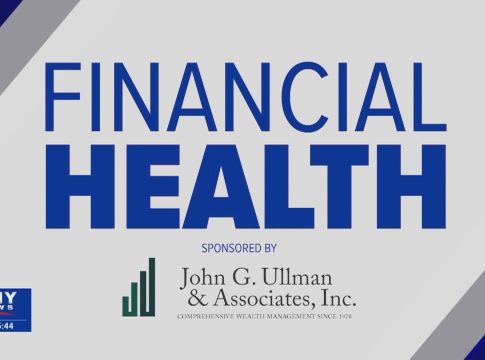Your Financial Health: The Essential Beginner’s Guide to Personal Finance
Navigating the world of personal finance can feel daunting, especially for beginners. But understanding the basics can empower you to take control of your financial future. In this guide, we’ll break down key concepts like budgeting, saving, credit, investing, and managing debt into easy-to-digest sections, equipping you with the knowledge to make informed decisions.
Understanding Budgeting: Your Financial Roadmap
At its core, budgeting is about knowing where your money goes. Think of it as a map for your finances, helping you reach specific goals.
Creating a Budget
- Track Your Income: Start by noting all sources of income. This could be your salary, freelance work, or even side gigs.
- List Your Expenses: Document all monthly expenses, from rent and utilities to groceries and entertainment.
Once you have these figures, categorize your expenses into needs (like housing and food) and wants (like dining out).
Practical Tip: 50/30/20 Rule
Consider following the 50/30/20 rule: allocate 50% of your income to needs, 30% to wants, and 20% to savings or debt repayment. This balance can help you manage your finances effectively.
Building Your Savings: The Safety Net
Savings are essential for cushioning against unexpected expenses, like medical bills or car repairs.
Start Small, Grow Big
Open a high-yield savings account and set realistic, incremental goals. Aim for an emergency fund of three to six months’ worth of expenses.
Tip for Success: Automate Your Savings
Set up automatic transfers from your checking account to your savings account each month. This ensures you’re consistently saving without the temptation to spend that money.
Cracking the Credit Code: Understanding Your Score
Credit scores can seem mystical, but they’re critical in determining your eligibility for loans and the interest rates you’ll pay.
What Composes Your Credit Score?
- Payment History (35%): Pay your bills on time; this is crucial.
- Credit Utilization (30%): Keep your credit card balances low—ideally below 30% of your total credit limit.
- Length of Credit History (15%): The longer your accounts are open, the better.
- Types of Credit (10%): A mix of credit, such as credit cards and loans, can be beneficial.
- New Credit (10%): Avoid opening too many new accounts at once.
Tip: Get Your Free Credit Report
You’re entitled to a free credit report once a year from major credit bureaus. Regularly checking your report helps you spot any errors or fraudulent activity.
Investing: Making Your Money Work for You
Investing might sound intimidating, but it’s a powerful way to grow your wealth over time.
Starting with the Basics
-
Understand Investment Types: Familiarize yourself with stocks, bonds, and mutual funds. Stocks represent ownership in a company, while bonds are essentially loans you give to companies or governments.
- Consider Index Funds: These are a lower-cost investment option that tracks a market index, providing broad exposure without needing to pick individual stocks.
Tip: Start Early
The earlier you start investing, the more you benefit from compound interest—a phenomenon where your earnings generate more earnings.
Managing Debt: Take Control
While some debt, like a mortgage or student loans, can be manageable, it’s crucial to keep it in check.
Create a Debt Repayment Plan
- List All Debts: Identify what you owe, to whom, and the interest rates.
- Choose a Strategy: Consider the snowball method (paying off the smallest debt first) or the avalanche method (tackling the highest interest debt first).
Tip: Regular Payments Make a Difference
Paying more than the minimum on credit cards can significantly reduce interest costs and help you pay off your debt faster.
Conclusion: Your Journey Begins
Thinking about personal finance doesn’t have to be overwhelming. With a clear budget, savings plan, understanding of credit, and investment strategy, you can build a solid financial foundation. Remember, knowledge is your most valuable asset in achieving financial health and independence. Start today, and watch your financial confidence grow!

Writes about personal finance, side hustles, gadgets, and tech innovation.
Bio: Priya specializes in making complex financial and tech topics easy to digest, with experience in fintech and consumer reviews.

